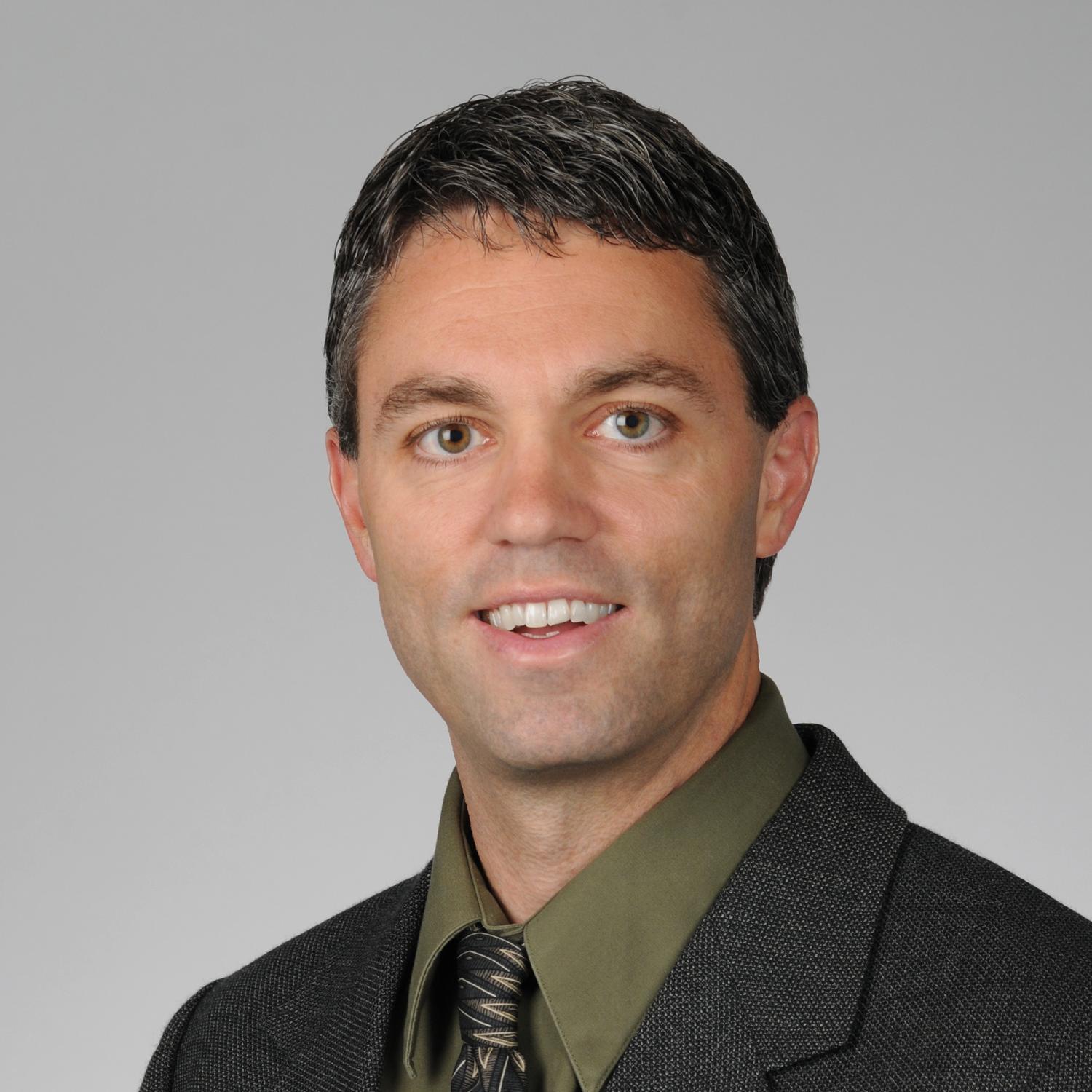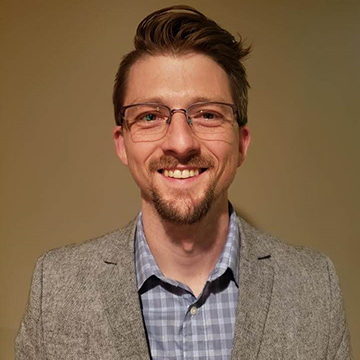Our Team
Our research and development team includes experts from the fields of clinical psychology, psychiatry, information technology and computer science, and public health from the Medical University of South Carolina, Boston University, and University of Nebraska.- All
- Leadership Team
- Research and Content Development
- Key Partnerships

Ken Ruggiero, PhD
Professor and SmartState Endowed Chair of the Technology Applications Center for Healthful Lifestyles at the Medical University of South CarolinaKen Ruggiero, PhD, a Licensed Clinical Psychologist, is a Professor of Nursing and Psychiatry at the Medical University of South Carolina, where he directs the Technology Applications Center for Healthful Lifestyles. His work focuses mainly on developing apps for health care providers and people who are affected by disasters and other major life events. Dr. Ruggiero led the team that developed the Bounce Back Now, and is leading its evaluation in South Carolina, North Carolina, and Florida.

Sandro Galea, MD, MPH, DrPH
Robert A. Knox Professor and Dean at the Boston University School of Public HealthSandro Galea, MD, MPH, DrPH, is Robert A. Knox Professor and Dean at the Boston University School of Public Health. His work focuses on the consequences of mass trauma and conflict worldwide and led groundbreaking work after the September 11 attacks, Hurricane Katrina, conflicts in sub-Saharan Africa, and the American wars in Iraq and Afghanistan. Dr. Galea has been funded by the National Institutes of Health, the Centers for Disease Control and Prevention, and several foundations. He was named one of TIME magazine’s epidemiology innovators and has been listed by Thomson Reuters as one of the “World’s Most Influential Scientific Minds” for the Social Sciences.

Dean Kilpatrick, PhD
Director of the National Crime Victims Research and Treatment Center and Distinguished University Professor at the Medical University of South CarolinaDean Kilpatrick, PhD, is Director of the National Crime Victims Research and Treatment Center and Distinguished University Professor at the Medical University of South Carolina. His research has focused on understanding how experiencing a traumatic event, including major disasters, can affect mental health. Dr. Kilpatrick currently serves as Chair of the National Center for PTSD Education Advisory Board and as a Subject Matter Expert and Manager of the Psychological Health Portfolio for the U.S. Army Telemedicine and Advanced Technology Research Center. He also serves as Director of the Mass Violence and Victimization Resource Center, funded by the Office for Victims of Crime.

Ronald Acierno, PhD
Associate Dean of Research at the College of Nursing at the Medical University of South CarolinaRonald Acierno, PhD, is Associate Dean of Research at the College of Nursing at the Medical University of South Carolina. His research focuses on using technology to bring effective PTSD and depression treatment to communities, including those who are disaster-affected, or who might not otherwise be able to receive help. He led research in the aftermath of the 2004 Florida Hurricanes and Typhoon Xangsane in Vietnam. His work is internationally known and has been funded by the Department of Defense, National Institute of Justice, Veterans Administration, and the National Institutes of Health.

Tatiana M. Davidson, PhD
Associate Professor, Co-Director of the Trauma Resilience and Recovery Program (TRRP) and Co-Director of the Center for Telehealth Research and Outcomes Program at MUSCTatiana M. Davidson, PhD, is Associate Professor, Co-Director of the Trauma Resilience and Recovery Program (TRRP), and Co-Director of the Center for Telehealth Research and Outcomes Program at MUSC. She serves as Co-Investigator on several federally-funded research grants focused on the development, evaluation and implementation of mHealth technologies for providing best-practice mental health treatment to a wide range of traumatic stress populations, including disaster victims, child abuse victims, and first responders.

Yulia Gavrilova, PhD
Licensed Clinical Psychologist, Director of Burn Behavioral Health, SC Burn Center, Department of Surgery, Medical University of South CarolinaYulia Gavrilova, PhD, is a Licensed Clinical Psychologist and Director of Burn Behavioral Health (BBH) at the South Carolina Burn Center in the Department of Surgery at the Medical University of South Carolina. Her work has focused primarily on development, evaluation, and dissemination of culturally tailored, technology-enhanced mental health interventions, programs, and resources for vulnerable and clinically underserved populations. This includes first responders, survivors of traumatic injuries and burns, disaster survivors, athletes, and performers. She served as a co-investigator on a federally funded research grant focused on the development, evaluation, and implementation of mHealth technologies for providing best-practice mental health treatment to first responders.

Arthur Andrews, PhD
Assistant Professor in the Department of Psychological Science at the University of NebraskaArthur “Trey” Andrews, PhD, is an Assistant Professor in the Department of Psychological Science at the University of Nebraska. His research evaluates strategies for reducing mental disparities, such as interprofessional service delivery and technological adjuncts to care.
American Red Cross
PartnershipAmerican Red Cross Founded in 1881, the mission of the American Red Cross is to prevent and alleviate human suffering in the face of emergencies. The Red Cross is the largest non-governmental disaster agency in the US and responds to over 70,000 small and large disasters yearly. Red Cross has a national disaster mental health network of approximately 5,000 licensed mental health volunteers who respond to events in their communities and nationally.
Office of the Assistant Secretary for Preparedness and Response
PartnershipOffice of the Assistant Secretary for Preparedness and Response The Office of the Assistant Secretary for Preparedness and Response (ASPR) was created in the wake of Hurricane Katrina to lead the nation in preventing, preparing for, and responding to public health emergencies and disasters. ASPR leads the National Disaster Medical System, which provides medical care via a network of hospitals and coordinating centers, and leads the At Risk, Behavioral Health, and Community Resilience team which provides behavioral health services following a disaster.
Credits and Acknowledgements:
BBN was developed by experts at the Medical University of South Carolina, University of Nebraska, and Boston University School of Public Health. Technical development of BBN was led by Health Information Technology Solutions. This work was funded by the National Institute of Mental Health.